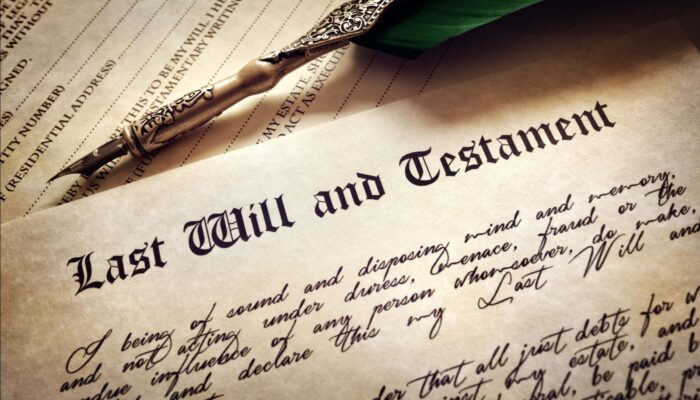Chapter 13 Mortgage & Car Payments
Introduction: Understanding Chapter 13 & Home and Car Payments as Secured Debts
Filing for Chapter 13 bankruptcy is a big step – a commitment to a repayment plan designed to get you back on track financially. It allows you to catch up on debts while keeping your important assets, secured debts like your home and car. But what happens to those payments during this process?
If you’re wondering about mortgage payments in Chapter 13 or how car loans in Chapter 13 are treated, you’re not alone. This guide will break down everything you need to know, offering clarity and peace of mind as you navigate this journey.










